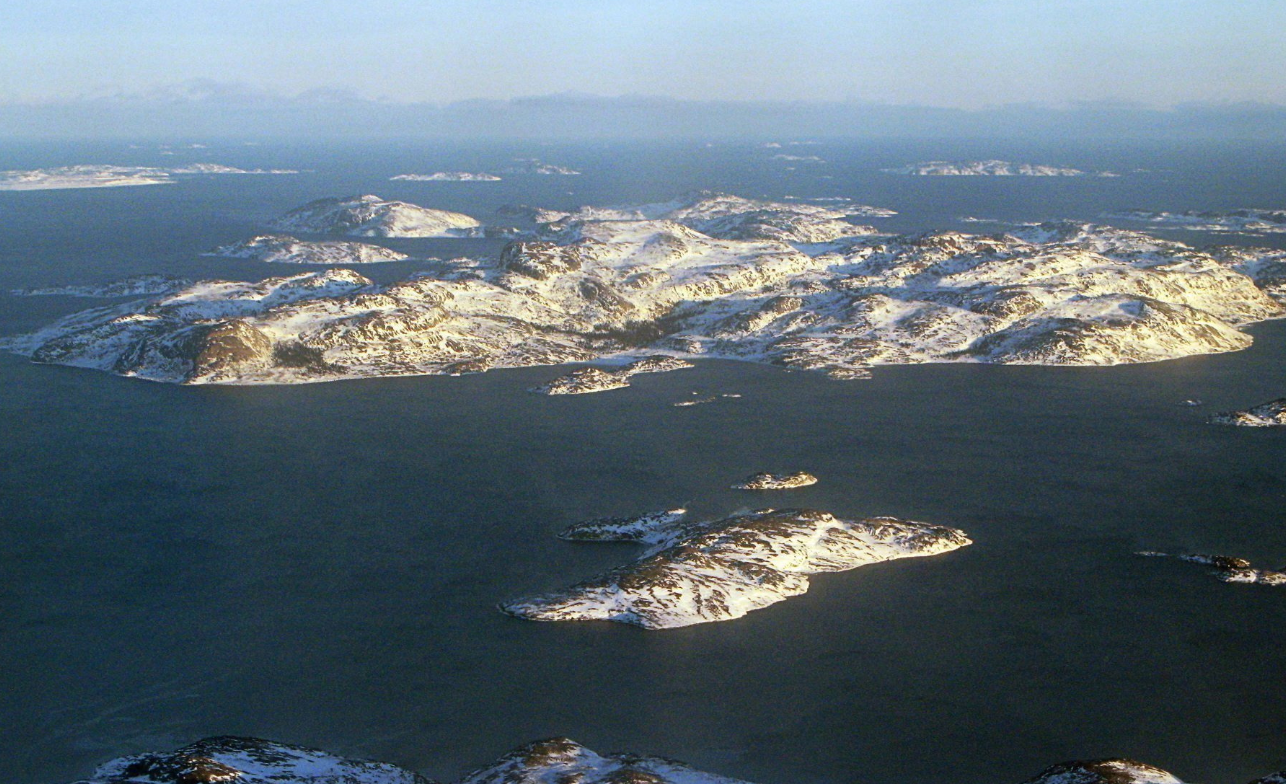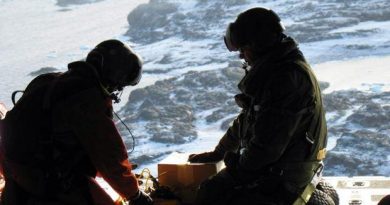Feds announce funding to tackle climate change in Inuit region of Atlantic Canada

The federal government announced $977,975 in funding on Monday to help Inuit communities in Atlantic Canada better tackle climate change impacts in the their region.
The funding will go to food security, infrastructure, and traditional skills projects in Nunatsiavut, the Inuit region of the province of Newfoundland and Labrador.
“The Government of Canada is working with the people of Nunatsiavut to build on their traditional knowledge and find new and innovative approaches to advance climate change resilience
in their communities,” said Yvonne Jones, the member of parliament for Labrador and parliamentary secretary to Carolyn Bennett, Canada’s minister of Crown-Indigenous Relations and Northern Affairs, in a news release.
“These projects will improve Nunatsiavut’s autonomy and capacity to achieve these goals while renewing the Inuit-Crown relationship on the basis of recognition of rights, respect and partnership.”
National climate change plan
The funding announced will be delivered through the Climate Change Preparedness in the North Program, part of Canada’s national climate change plan known as the Pan-Canadian Framework on Clean Energy and Climate Change.
The four projects to receive the monies are:
- Going Off, Growing Strong: A youth-oriented project focusing on food security and managing a community freezer
- Knowledge Exchange Hide Workshop: A project where First Nations representatives from Canada’s Northwest Territories and Inuit from Labrador come together to share their traditional knowledge.
- Infrastructure Assessments: Evaluation of site in the town of Hopedale for a food centre.
- Nunatsiavut Food Security Strategy: Tackling Labrador-specific food security issues as strategy is developed.
Food insecurity is an ongoing issue in Nunatsiavut.
The 2017 Nunatsiavut Household Food Security Survey found that factors including climate change and high food prices in remote villages made household food insecurity as high as 80 per cent in some communities.
Write to Eilís Quinn at eilis.quinn(at)cbc.ca
Related stories from around the North:
Canada: Loaded with more mercury than previously thought, permafrost thaw could be a ticking time bomb, Radio Canada International
Finland: Climate change and youth loneliness top priorities for President Niinistö’s second term, Yle News
Norway: Environment ministers on Barents coast to discuss Arctic sea safety and climate change, The Independent Barents Observer
Sweden: Climate change hinders residential constructions in Sweden, Radio Sweden
United States: Arctic fishing agreement – When climate change drives diplomacy, Blog by Mia Bennett



